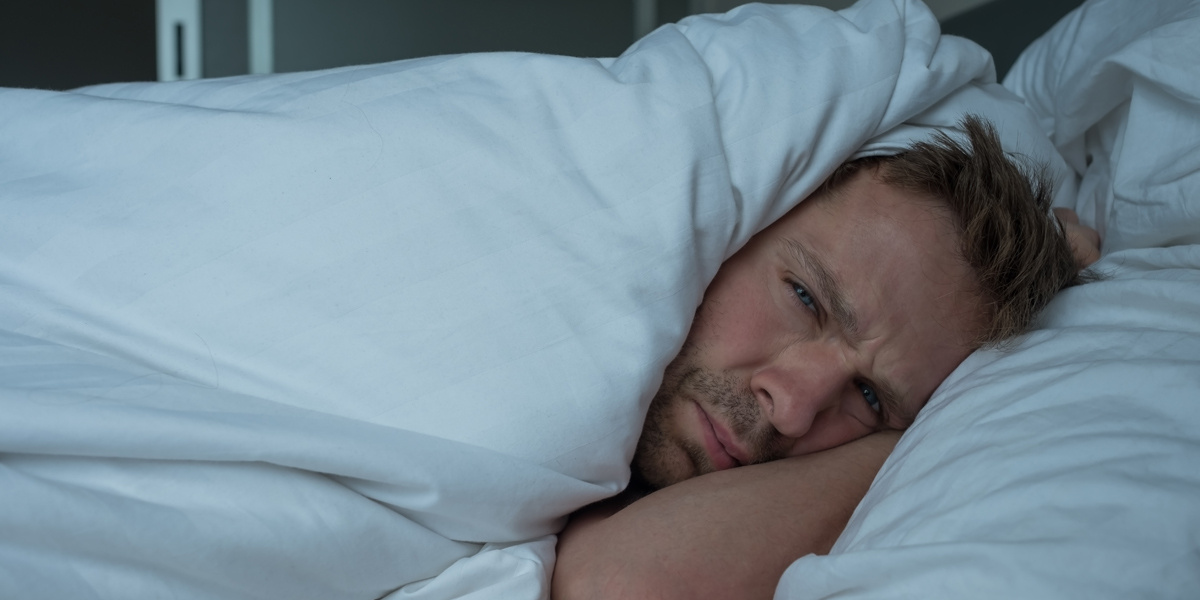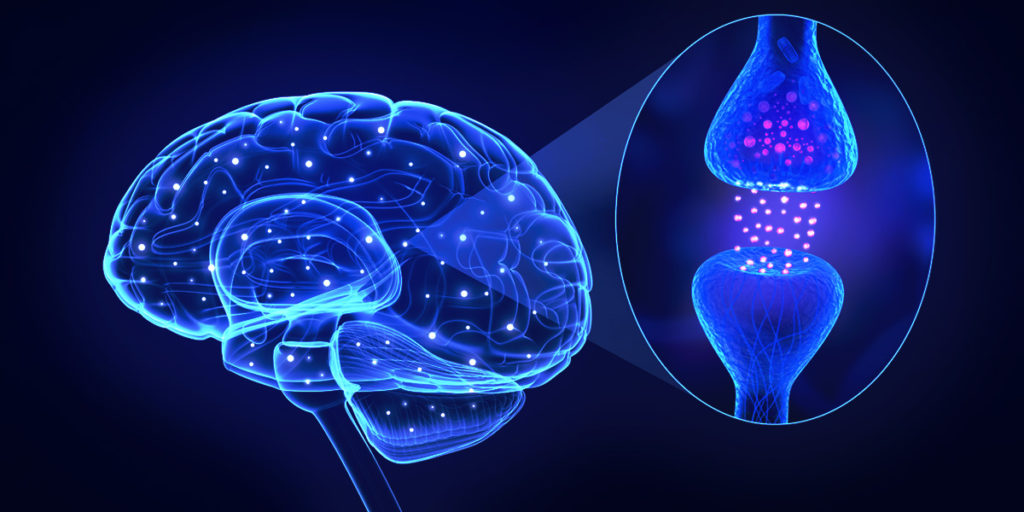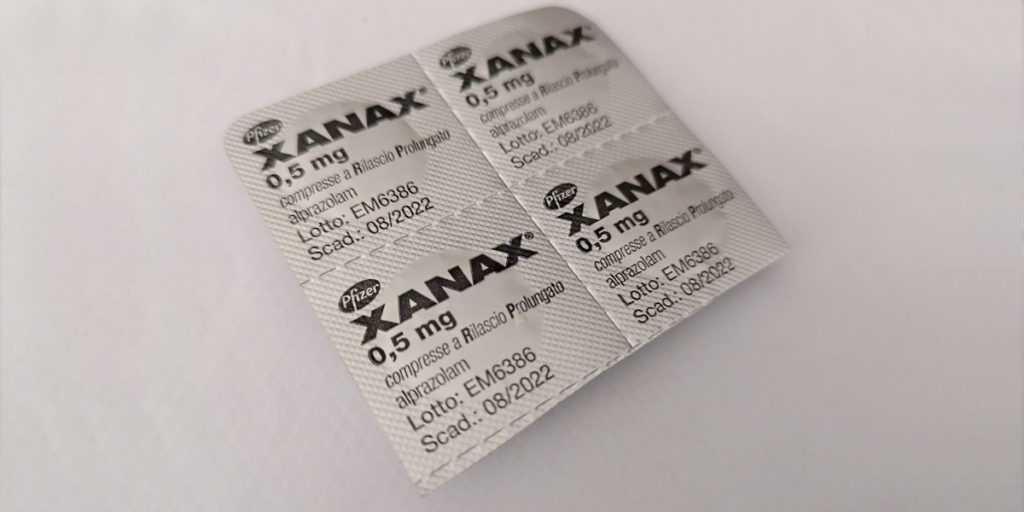Benzodiazepine Withdrawal
Symptoms, Timeline, and Detox

In the United States, benzodiazepines (benzos) are among the most commonly prescribed medications to treat anxiety, sleep disorders, seizures, and sometimes alcohol withdrawal.
Unfortunately, benzodiazepines are also one of the most abused medications and have dangerous withdrawal symptoms.
Benzos are generally prescribed for short-term or situational use, but many people quickly become dependant on them for more extended periods.
Benzodiazepine withdrawals are complicated because they involve mental and physical symptoms that can last from days to months and can be life-threatening without proper medical supervision.
How Do Benzodiazepines Work?
Benzodiazepines are central nervous system depressants, meaning they work throughout the body and mind to control and regulate brain signals.
The body naturally produces a chemical called gamma-Aminobutyric acid (GABA), which helps regulate the speed of your brain’s signals to the body.
GABA is the most essential neurotransmitter in the body’s central nervous system. It helps with the body’s reaction to stress, sleep regulation, and memory functions.
Benzodiazepines work at various binding spots in the brain to enhance the effectiveness of the GABA receptors.
With long-term use at high doses, GABA receptors become less effective due to increased drug tolerance. Thus when people abruptly stop using high-dose benzos, the number of those receptors significantly drops, leading to severe withdrawal symptoms.
Although, people with anxiety disorders, sleep disorders, seizure disorders, or those going through alcohol withdrawal need the pharmaceutical help of benzodiazepines because their GABA production is unbalanced.

Types of Benzodiazepines
There are two types of benzodiazepines— high potency and low potency, that come under various generic and name brands.
The difference is how strong the medication is and how long the effects last.
Both types of benzos come in tablets, extended-release capsules, or liquid form.
High Potency Benzodiazepines
High potency means that the effects of the drug kick in faster and more intensely. These are short-acting benzos, which means the effects wear off quicker than low potency benzos.
High-potency benzos are popular among people addicted to them because they feel the effects quickly. But because the results don’t last very long, people will take more to extend the high.
High potency benzos include:
- Xanax (alprazolam)
- Ativan (lorazepam)
- Klonopin (clonazepam)
- Halicion (triazolam)

Low Potency Benzodiazepines
Low potency benzodiazepines take effect over a more extended period of time and are longer-acting in the system than high potency benzos.
Some people prefer to mix low potency benzos with alcohol because of the delayed reaction, wanting the medicine to take effect simultaneously as the drinks. Low potency benzos include:
- Valium (diazepam)
- Flurazepam
- Restoril (temazepam)
- Serax (oxazepam)
- Librium (chlordiazepoxide)
- Tranxene (clorazepate)
Both high and low potency benzodiazepines have high addiction potential. Abusing benzodiazepines can rapidly result in physical dependence, tolerance, and substance use disorders.
How Long Does Benzodiazepine Withdrawal Last?
How long benzodiazepine withdrawal lasts depends on various factors. The most important determining factor is tapering off or quitting cold turkey.
For safety and comfort reasons, tapering, or slowly reducing doses, is recommended, but it is not always the most accessible or practical option for benzo users.
Withdrawal can start within eight to twelve hours from the last dose and last for weeks. However, some users don’t experience notable withdrawal symptoms until several days or weeks after they stop taking the drug.
The reason people experience the onset of withdrawal in different time frames is related to how long the type of benzodiazepine they have been taking stays in their system.
As mentioned above, some medications take longer to leave the body and trigger withdrawal.
A small number of long-term users experience protracted withdrawal, meaning the symptoms can appear for months to years after they stop taking benzodiazepines.
Other factors that influence how long benzodiazepine withdrawal lasts include:
- The type of benzo
- Dosage amount
- Length of use
- Method of ingestion
- Other drugs or medication taken
- Underlying mental illness
- Preexisting physical conditions
You should always seek medical advice before quitting any medication. If you have been using benzos longer than one to six months, quitting cold turkey can be dangerous and life-threatening.

Credit: Nick Saum
CC BY SA 3.0
Benzodiazepine Withdrawal Symptoms
People who have been taking benzos for as little as one month can experience withdrawal symptoms.
People taking benzodiazepines for anxiety or insomnia who try to stop may start to experience those conditions again; this is called “reemergence.”
Rebound symptoms are when the condition the benzos were treating seems worse than before.
Benzodiazepine withdrawal syndrome (BWS) refers to reemergence and rebound symptoms that happen simultaneously as other mental and physical withdrawal symptoms.
Managing mental health and withdrawal can be overwhelming, especially for people trying to quit benzos without professional help.
Research shows that experiencing BWS is one of the main reasons people are unsuccessful in quitting benzos on their own.
Short Term Benzodiazepine Withdrawal Symptoms
Withdrawal from benzodiazepines can start as soon as eight hours after the last dose.
Symptoms and side effects that start suddenly and intensely are called acute and generally don’t last more than a few days, though they are still uncomfortable to experience.
Some of the most common short term benzodiazepine withdrawal symptoms include:
- Headaches
- Muscle soreness
- Light sensitivity
- Sweating
- Shaking or tremors
- Insomnia
- Irritability
- Difficulty focusing
- Fatigue
- Increased heart rate
- Anxiety
- Panic attacks
- Emotional outbursts
- Nausea
- Diarrhea
Long Term Benzodiazepine Withdrawal Symptoms
Some symptoms of benzodiazepine withdrawal take a little longer to start or are hard to notice while dealing with the more intense short-term withdrawal symptoms.
Symptoms that last more than a few weeks are called protracted. These symptoms can remain constant or emerge at random times over weeks or months.
People who have been dependent on benzos for an extended time or on high doses are more likely to have severe and protracted withdrawal symptoms. Long term symptoms of benzodiazepine withdrawal include:
- Memory loss
- Depression
- Disassociation
- Visual disturbances
- Hallucinations
- Mania
- Suicidal thoughts
- Seizures
- Coma
- Death
You should always seek medical advice before attempting to quit any benzodiazepine.

How to Get Through Benzodiazepine Withdrawal
The safest way to stop taking benzos and get through withdrawal is to work with medical professionals and plan how to handle withdrawal’s physical and mental health aspects.
Quitting benzos cold turkey is dangerous and likely to lead to complicated withdrawal symptoms and relapse.
The safest way to stop taking benzos is to taper or slowly decrease your dosage over time. However, extending tapering for too long can lead to protracted withdrawal.
There is no substitute for professional care and guidance for staying safe through benzo withdrawal. Medical detox is the safest and most effective way to get through withdrawal and avoid relapsing during the process.
Benzodiazepine Withdrawal Treatment
Whether you were prescribed medications or started taking benzos recreationally, quitting can be risky and scary.
At Northridge Addiction Treatment Center, we know that detox can be the most challenging part of entering treatment. That’s why our expert team of therapists and nurses ensures our medically supervised detox keeps our residents safe and comfortable.
At NATC, we only use effective evidence-based treatments, such as medication-assisted treatment, for a smoother transition into sobriety and to foster your confidence in a lasting recovery.
Our private facility in Los Angeles allows our compassionate and professional team to make a personal connection with each resident— surrounding you with support in a family environment.
Reach out to take the first steps toward your path to overcoming addiction and life-long recovery. Our treatment specialists are eager to help you start your journey.
Find Meaningful Recovery
Our caring and compassionate specialists are eager to help you comfortably navigate this journey to recovery. Our individualized treatment plan, programs, and therapies may be a perfect match for you or your loved one. Let us assist you in living the happy life you deserve. It starts with a phone call.




